It might sound absurd to many people, but, yes you can adopt ways to overcome your drug addictions naturally.
However, the preferred and safest way to control drug addiction is through medical intervention and the surveillance of an expert.
Studies like on the Vietnam War Veterans revealed that most addicted soldiers got over their addictions without therapy.
Is it possible to get rid of substance use disorders without professional help?
Quitting on any addiction is not an impossible task. With careful methods and determination, it is doable work and not as hyped as most people make out of it.

A drug addict, in most cases, may not be able to realize the obscurities he is bringing to his wife.
Ever thought of how does drug addiction feels like?
The feeling of being stuck in a never-ending loop is painful and obsessive. Even when an individual wants to come out of this phase, his mental state pulls him back into the same quicksand.
The help and support of loved ones are a relief. But are they the solution to the addiction?
The essential factor for any drug addict is their want to live a normal life. It is the first step to overcoming drug abuse and addiction.
Choosing external, expert help is not any implicit message. If an individual with solid willpower decides and think about change, he can do that, with or without professional help.

How to get free from drug addiction?
Drug addiction brims with regular usage and persistence. What people should keep in mind is that to get rid of the addiction, you need to give in equal or even a higher level of diligence.
Here are a few ways to help you overcome your addiction issues by natural means;

Addiction is not a simple form of illness. The progressive disease consists of several layers. You need to delve in deep in order to resolve the issues at every step.
Addiction is also accompanied by several factors like anxiety, anger, depression, sadness. Along with addiction, the task is to also handle all the other problems.
This way, detoxifying oneself helps to treat the root cause of the ailment. The chances of relapses become significantly less if one works on each layer and tries to figure out the solution to each existing problem.
Effective methods to manage your headspace can be engaging yourself in meditation, reading books, or even listening to music.
Throughout the period, while you introspect, it is mandated not to be harsh to oneself and take gradual steps to divert your attention from addiction to more relaxing activities.
P.S. An easier means of meditating is to indulge yourself completely in any activity that you do. Did you know that this is also a kind of meditation?
If sitting upright with your eyes closed makes you unable to focus, then a better alternative is to do any activity you enjoy with your full attention.

A brisk walk or a morning jog can make everything work. Even when it comes to addiction, regular body movement will make you feel much lighter and active.
Keeping not only the body fit, but physical activity helps to also keep your mind at peace.
It is said that when one feels low, the best way to handle the mood swing is to lose a few calories.
Exercising releases hormones like endorphins, dopamine, adrenaline, which makes you feel good about yourself.
If your motive for addiction is to get happy, why not try exercising?

Addiction removal experts prescribe their patients to take multivitamins as a part of their diet.
Long-standing addiction takes a toll on your body. Due to unmet nutritional needs of the body and improper sleep, an individual succumbs to various diseases.
Mood swings and irritability are also the reason that comes from not taking adequate nutrition.
So make sure you include the benefits of omega-3, vitamin B complex, minerals, and amino acids in your diet.
Although supplements can uplift your current health status, it is preferred that you always choose a healthy diet over any junk food.

Having a love for oneself is very essential to come out of this stage. The entire journey from drug abuse to drug addiction can leave your life torn apart and place you at a dead end.
Yet, if your mindset is clear, you can still pick yourself up from the lowest level and work positively.
Explain yourself that mistakes happen but prolonging the bad habits can only worsen the situation. Be your best friend in the hardest of times, and when you reach your goal, you will be proud of what you achieved.

If one habit can break the other, why not resort to a constructive way of living? Build habits that make you grow as a person.
While going through your physical withdrawal symptoms, there might be many instances where you might want to give in to your urges. During such times, if your mind is focused elsewhere, you can come out of this phase quicker.
Start by following your passion…something you always wanted to do, and invest all your time and energy there.

Your surroundings determine the kind of nature you develop.
Like in most cases, drug addiction begins as a nudge of peer pressure; in the same way, being surrounded by positive people who care for you will change your life in a similar direction.
Your loved and dear ones will always motivate and help you with the challenges you are facing.
All the natural methods can make your life by far much better. Drug addiction can be treated if you stay devoted enough throughout the entire process. Do not mistake addiction be a sign of weak moral standing.
If you cannot overcome your addictions alone, there is always outside help that you can reach out to.
Hope Care is a one-stop destination to resolve all your addiction-related problems. Call now at 91-9311112377 to begin your journey to recovery.
Hope Care established under the guidance of Dr. Deepak Raheja, President at Delhi Psychiatric Society is a psychiatric center of excellence that endeavors to restore hope and well-being to individuals and families afflicted by mental ill-health through comprehensive treatment and rehabilitation services. Hopecare seeks to set benchmarks in innovative programs in treatment, care, and education.



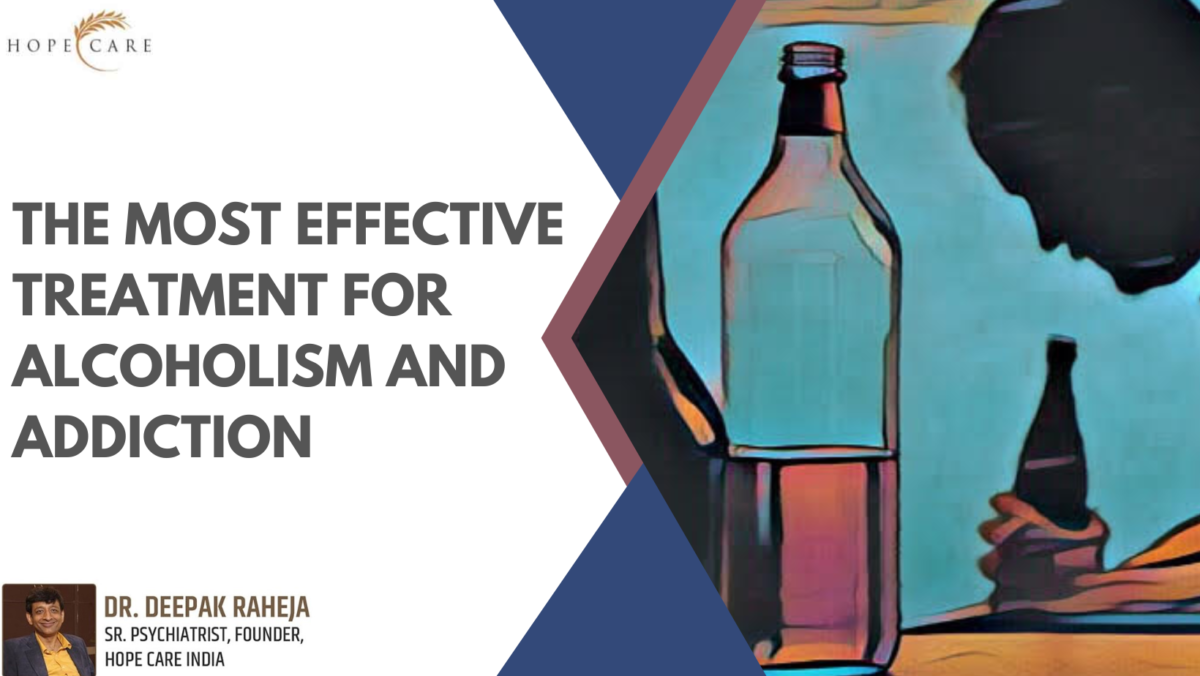
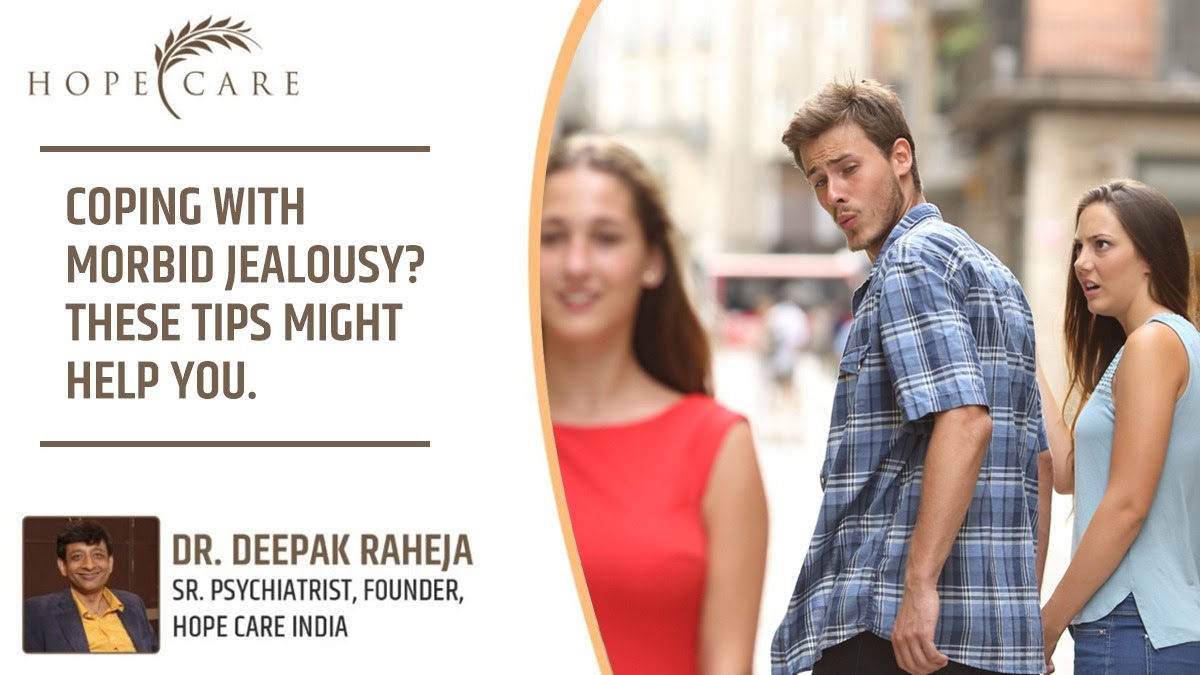




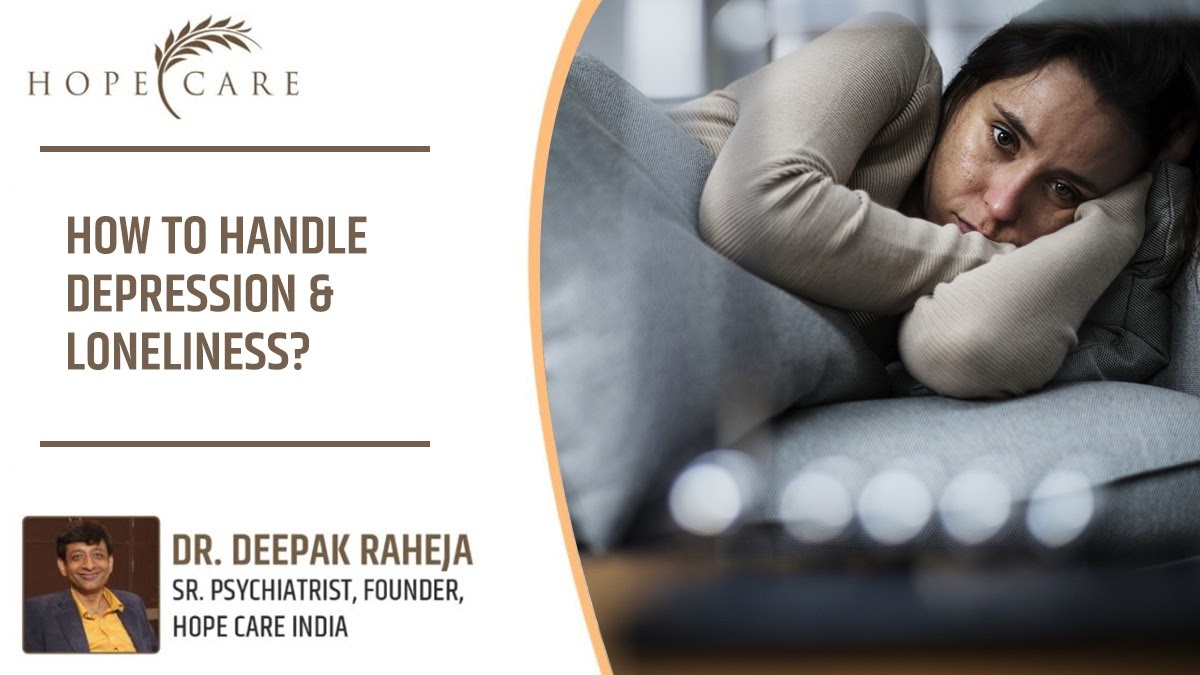




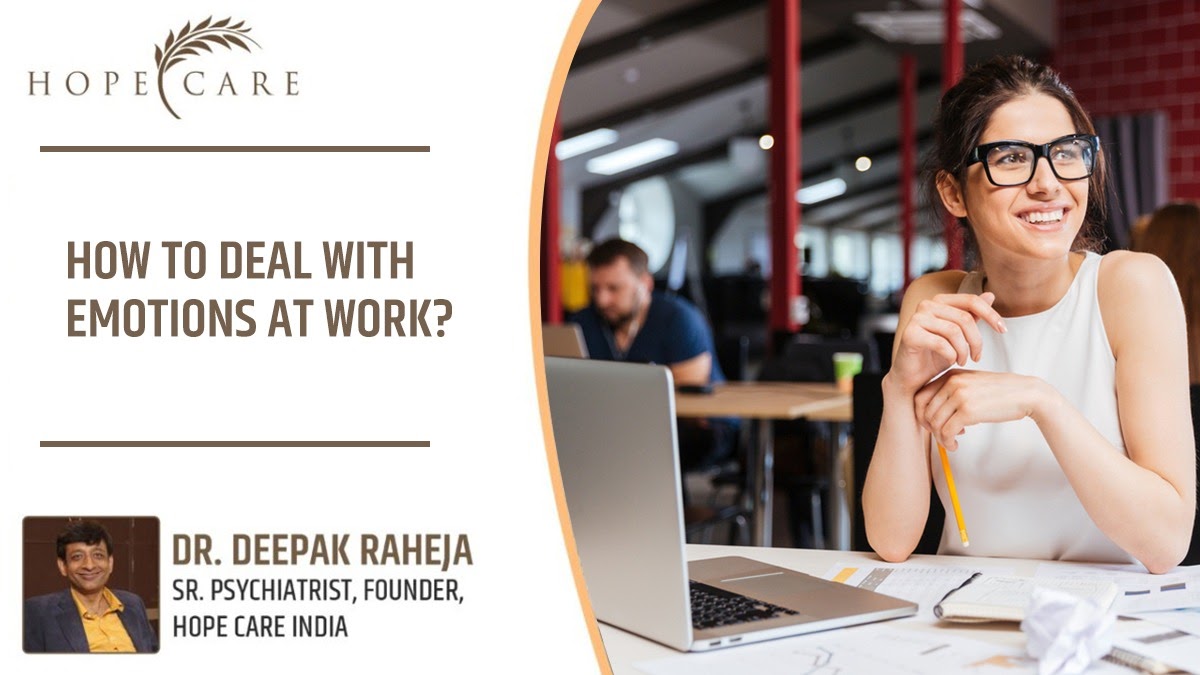




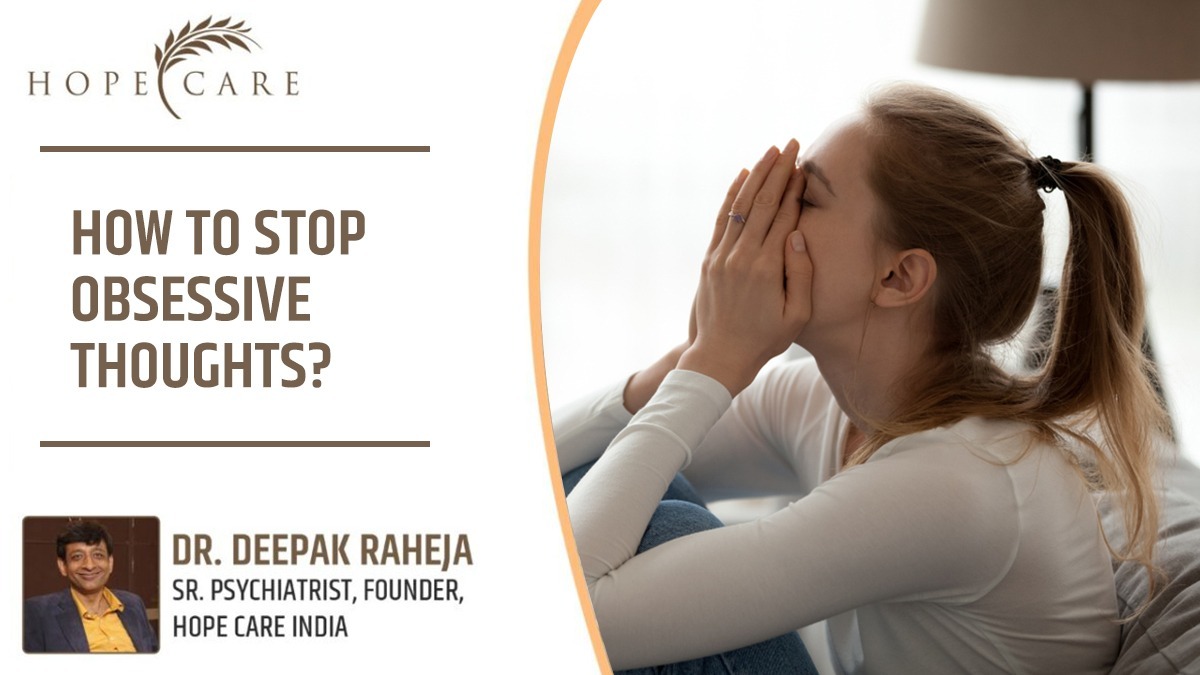





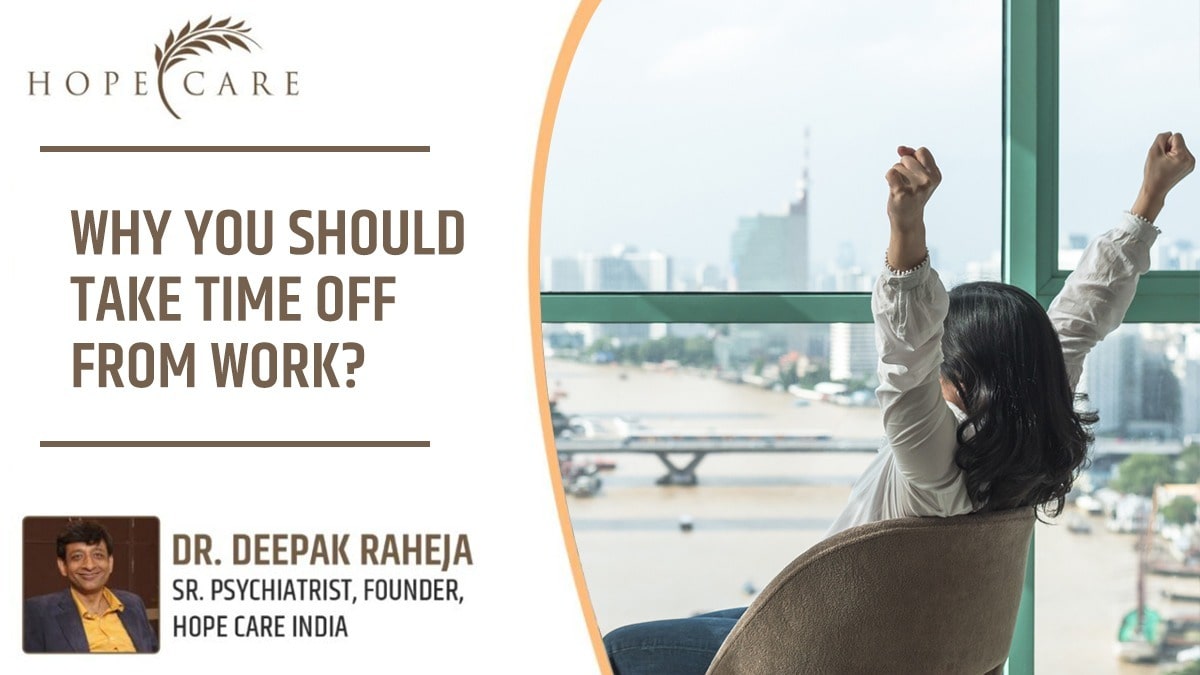





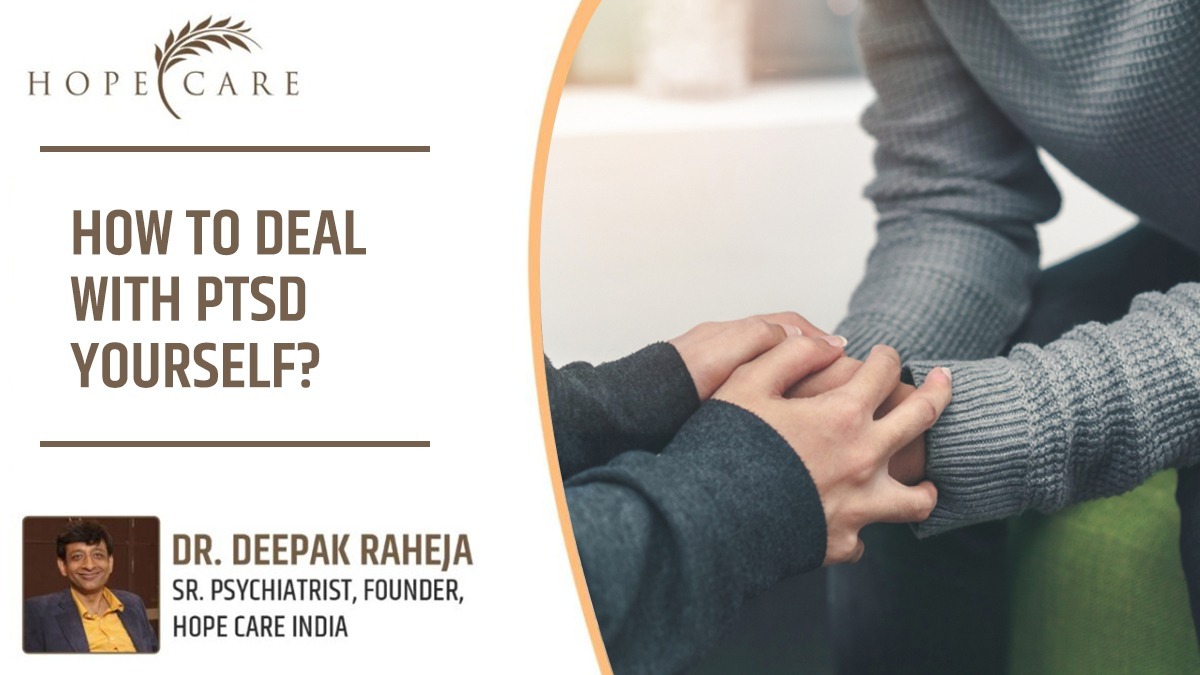





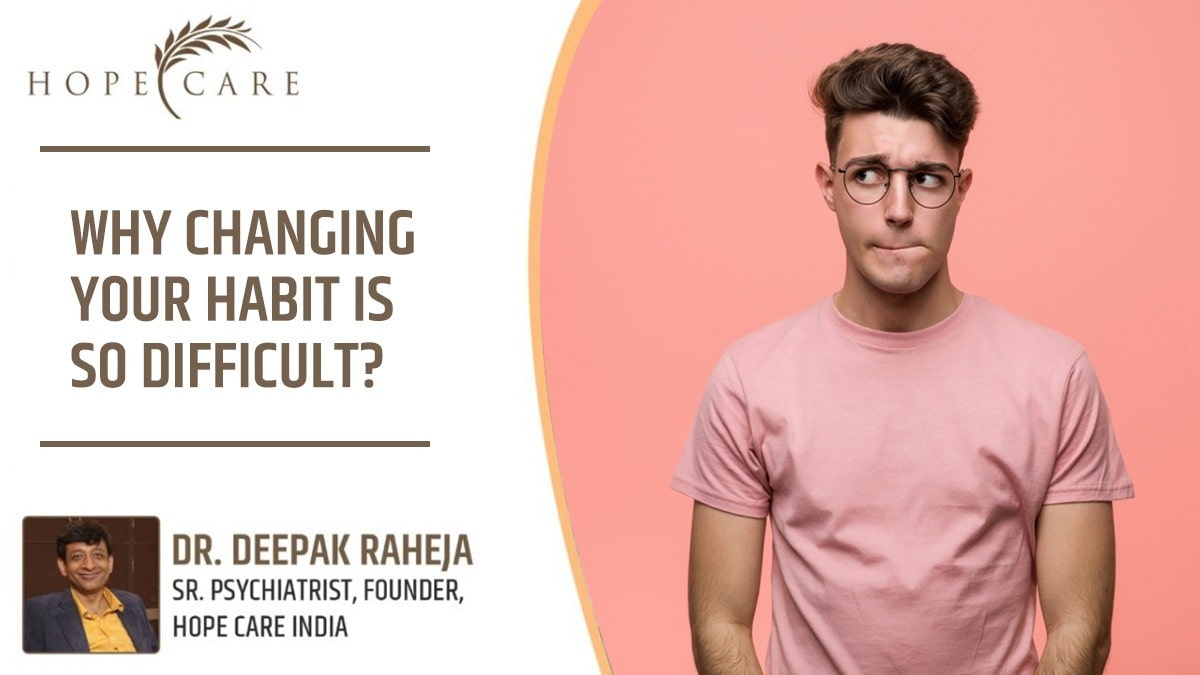





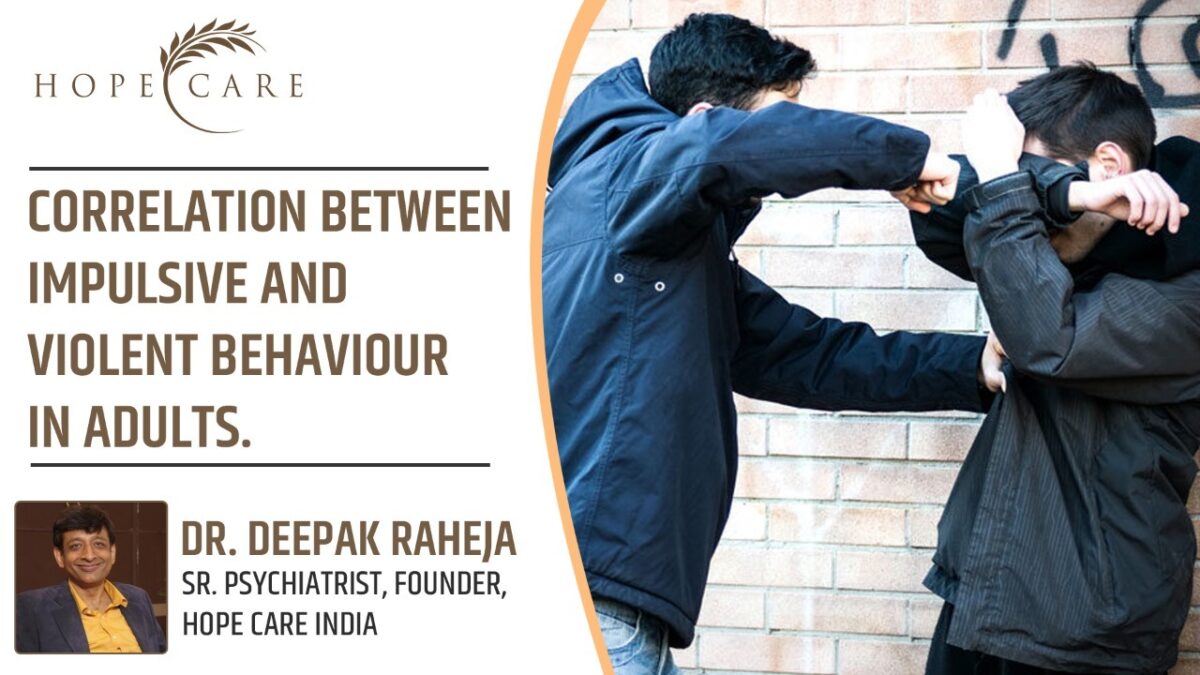




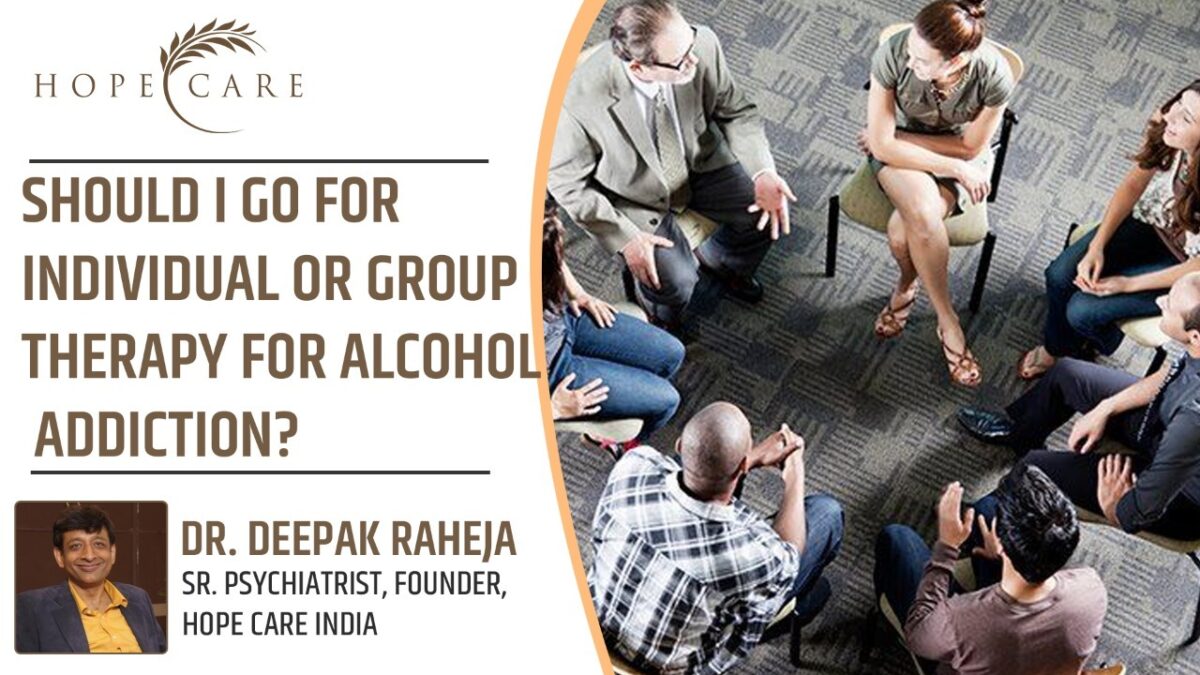






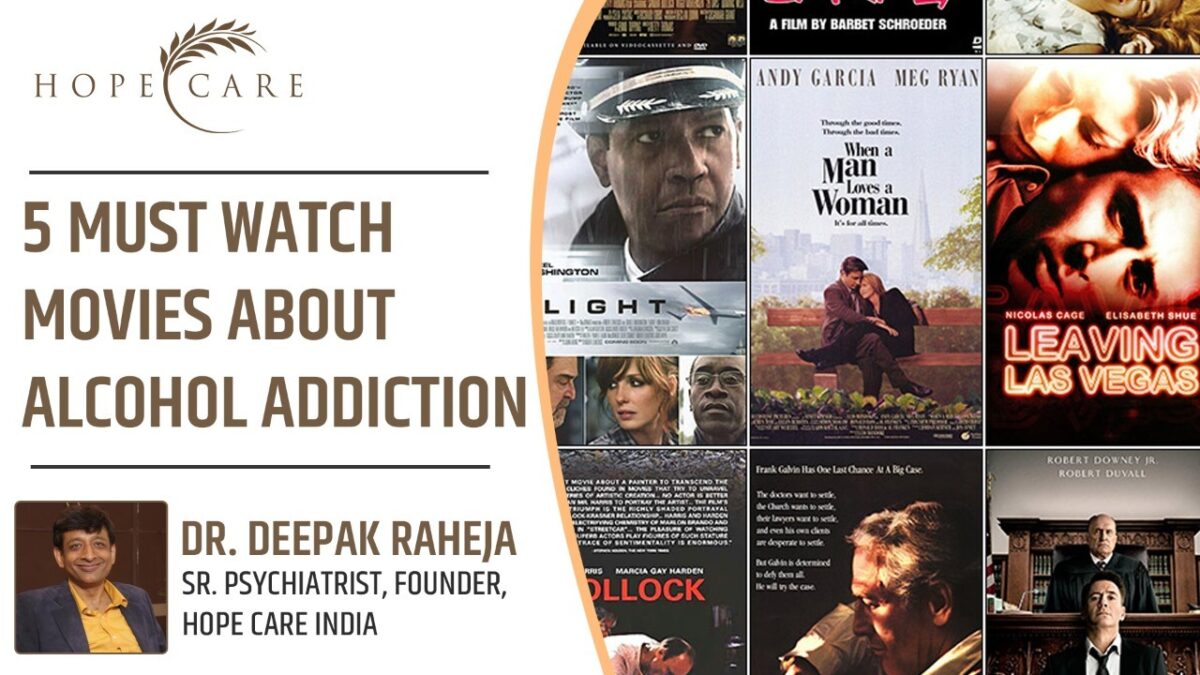







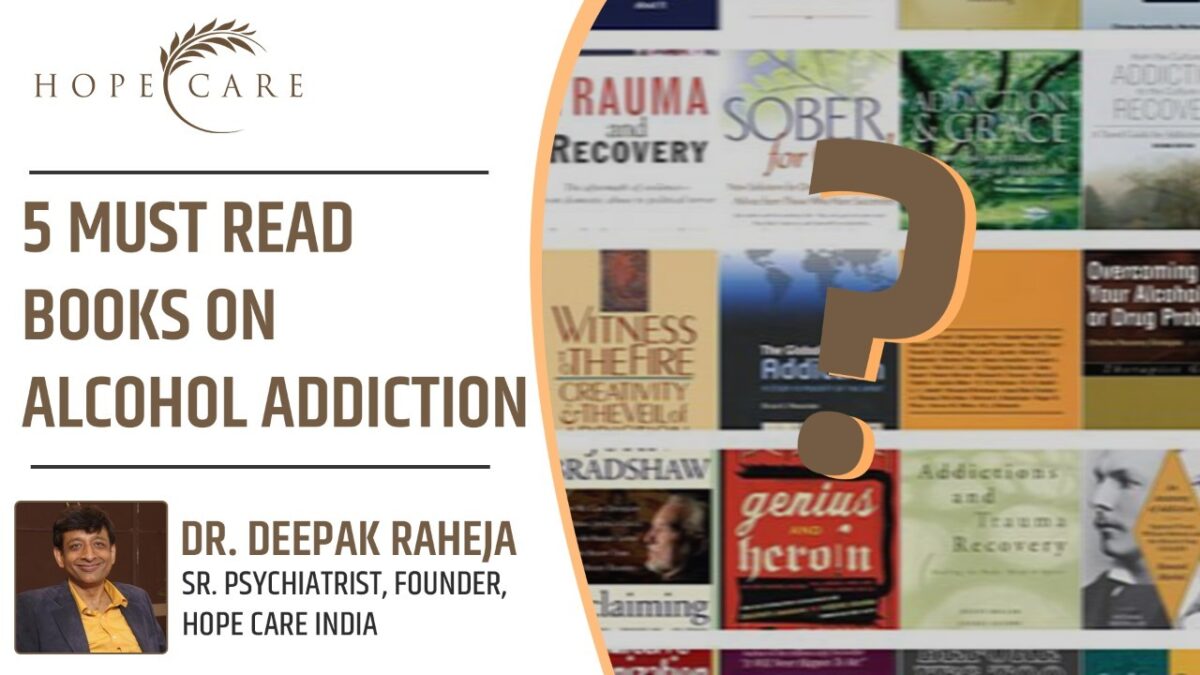







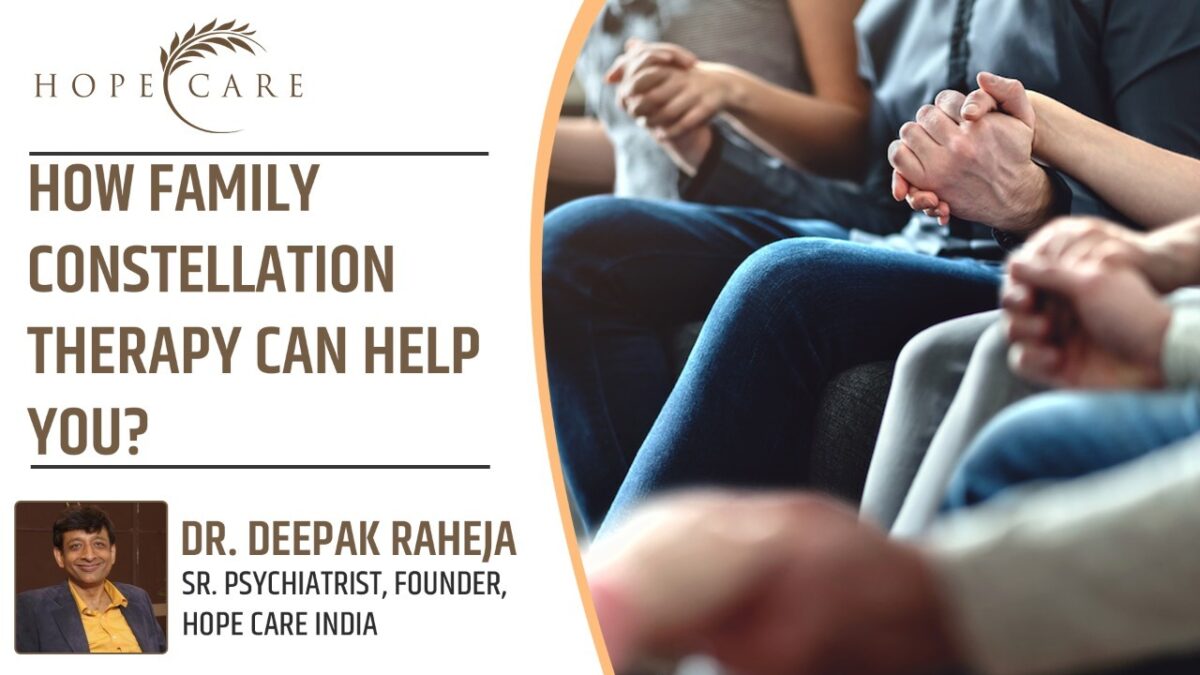






















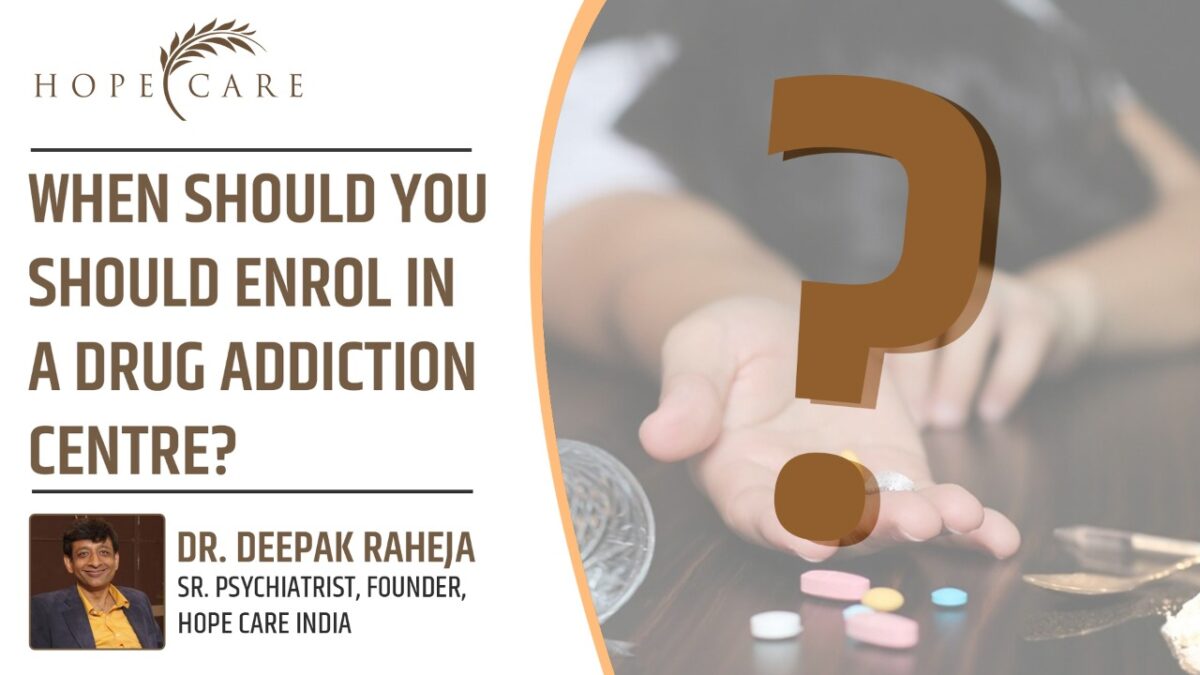







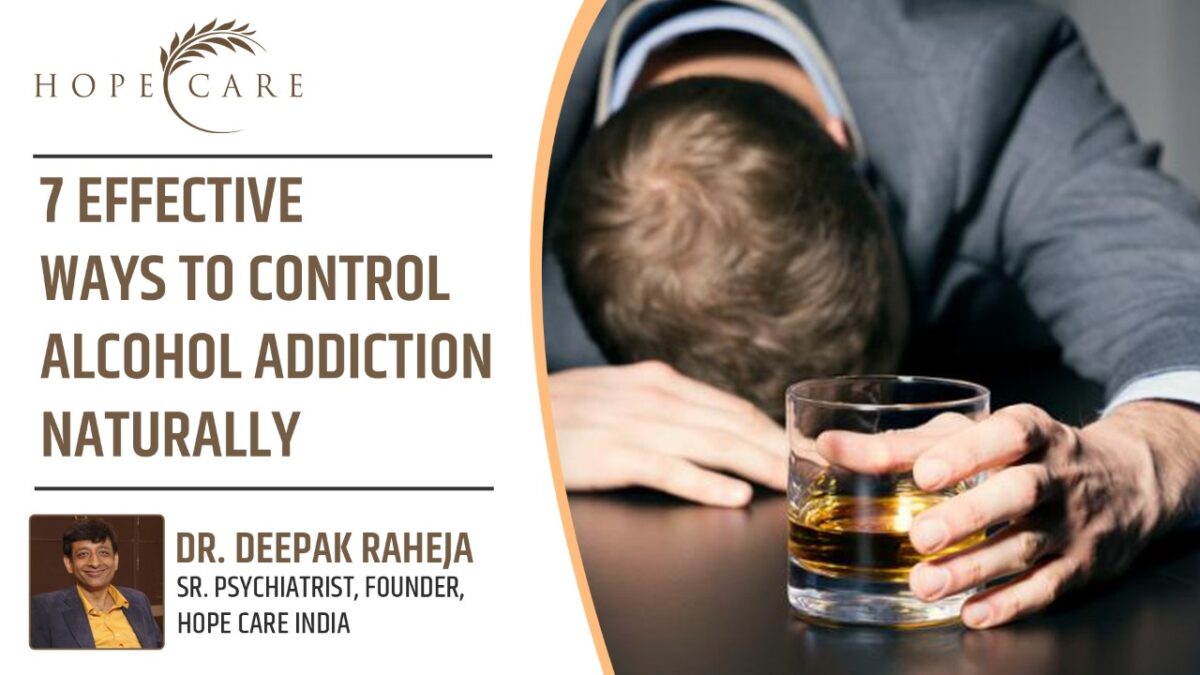











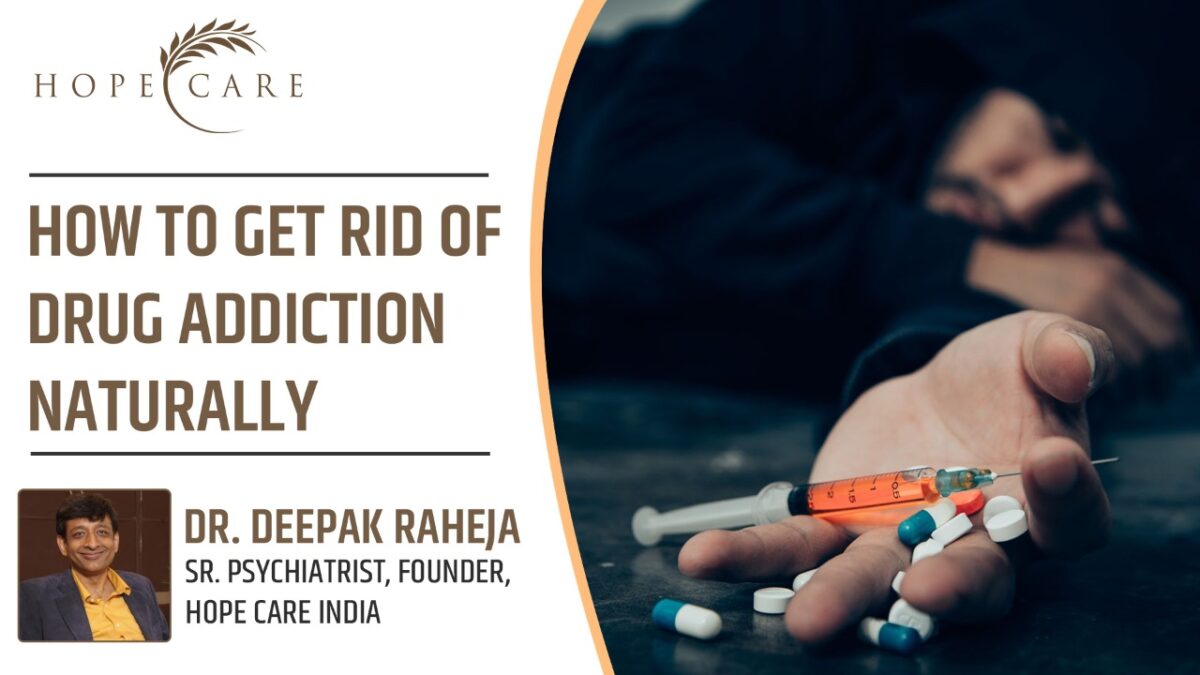








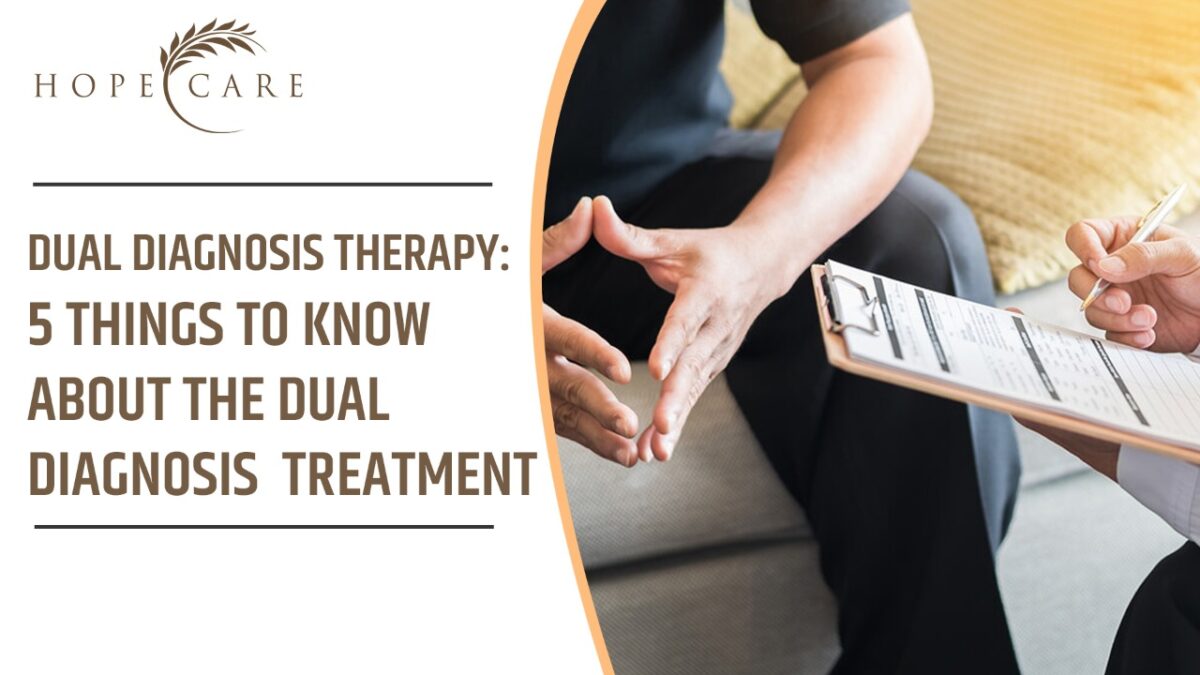

























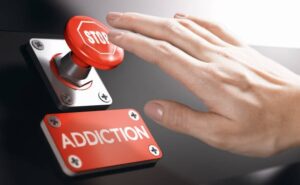

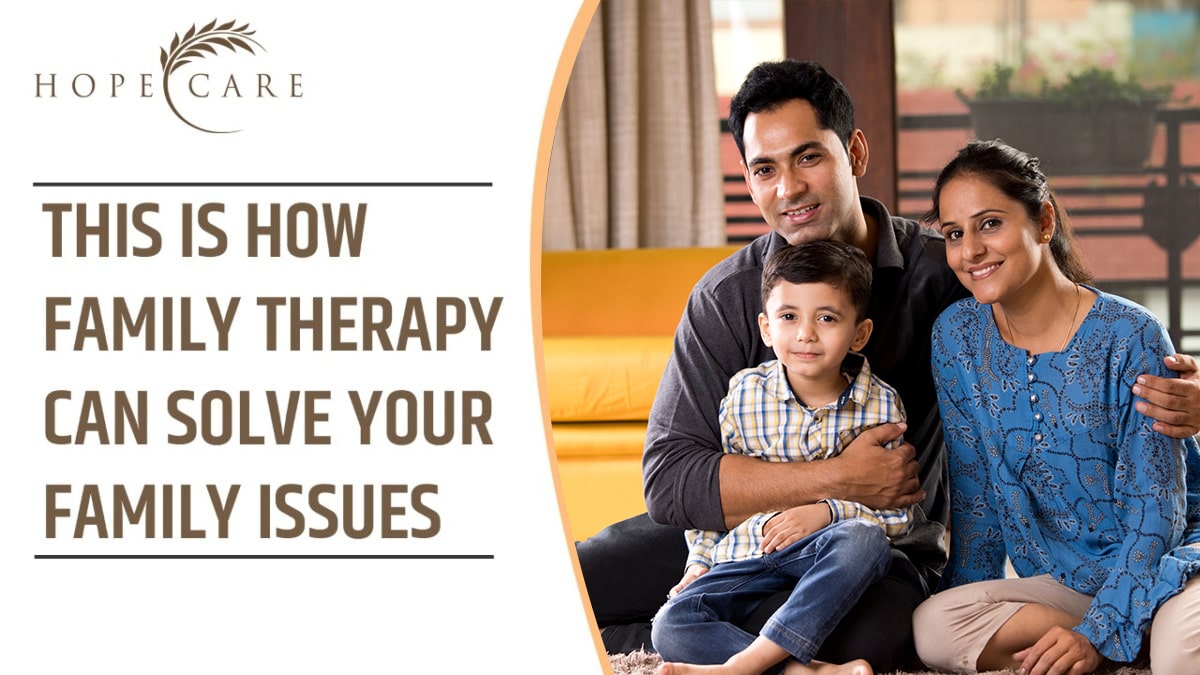























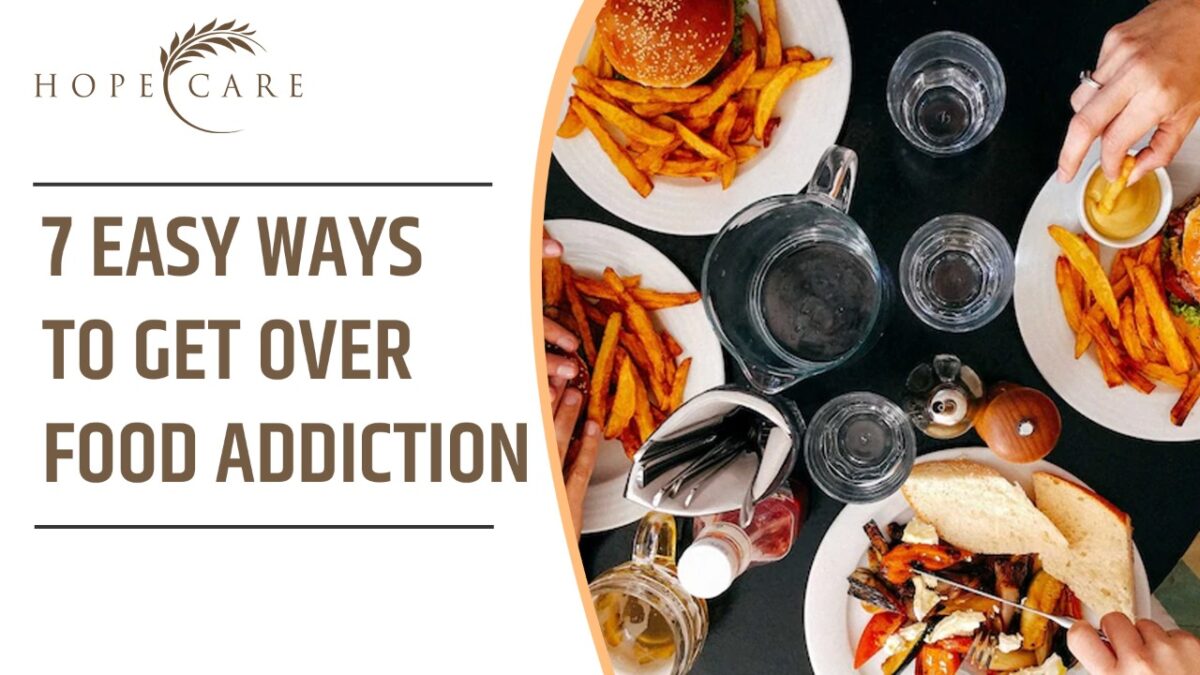







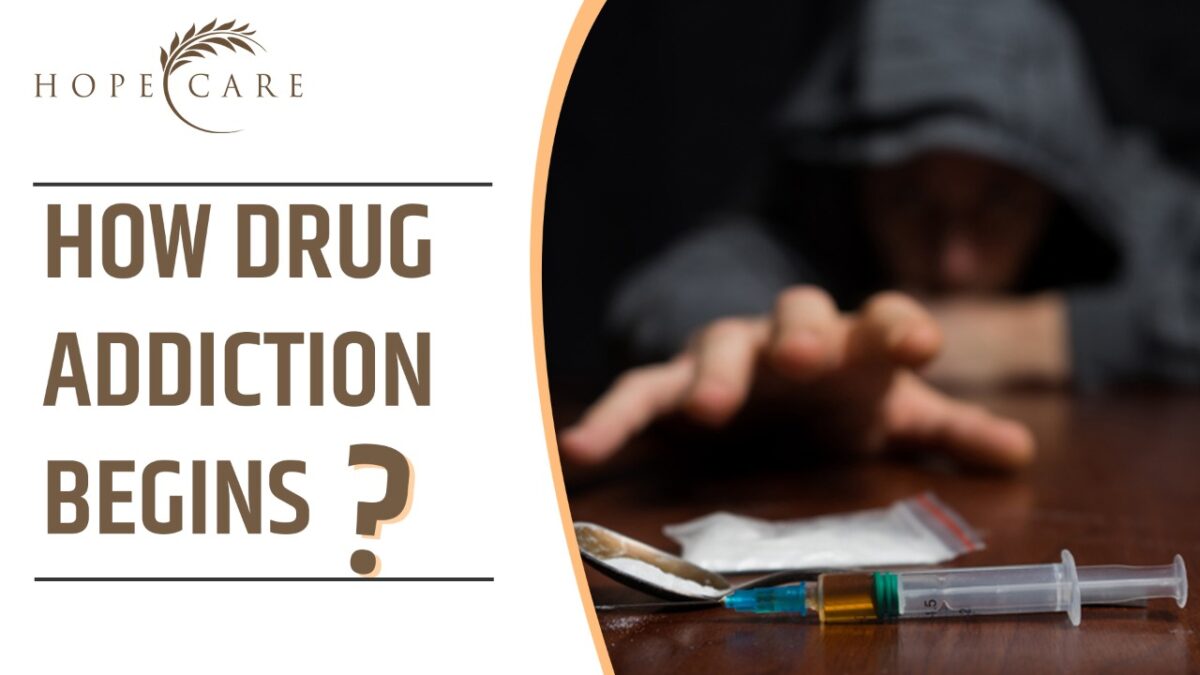
















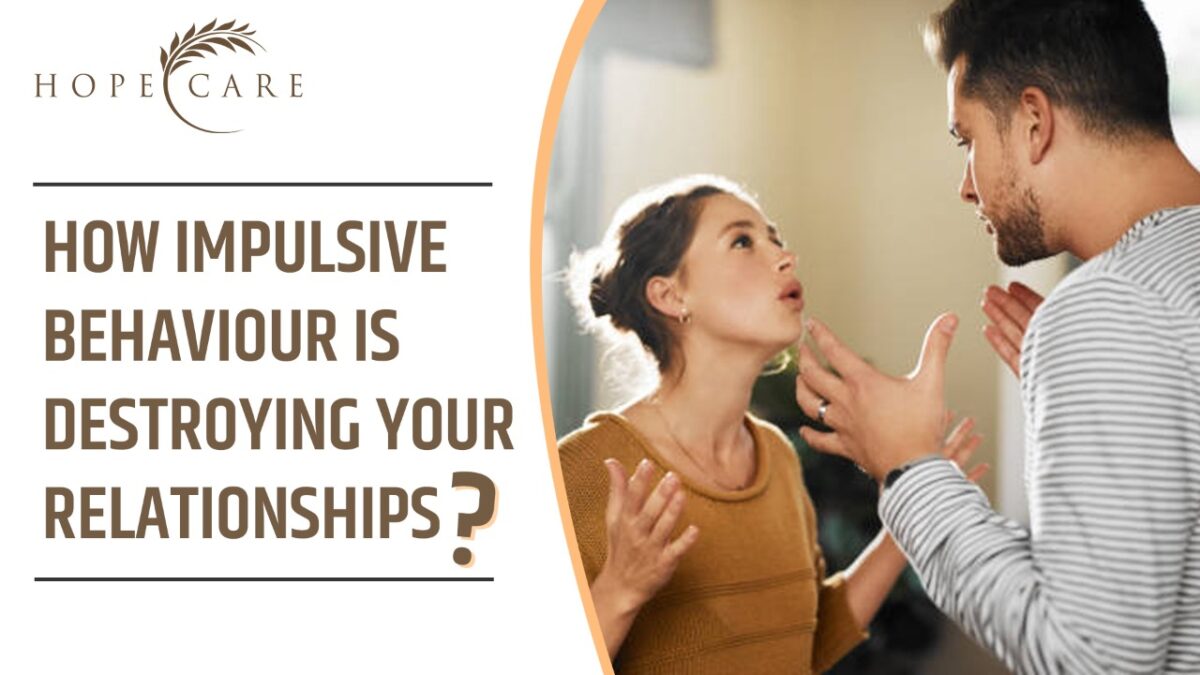



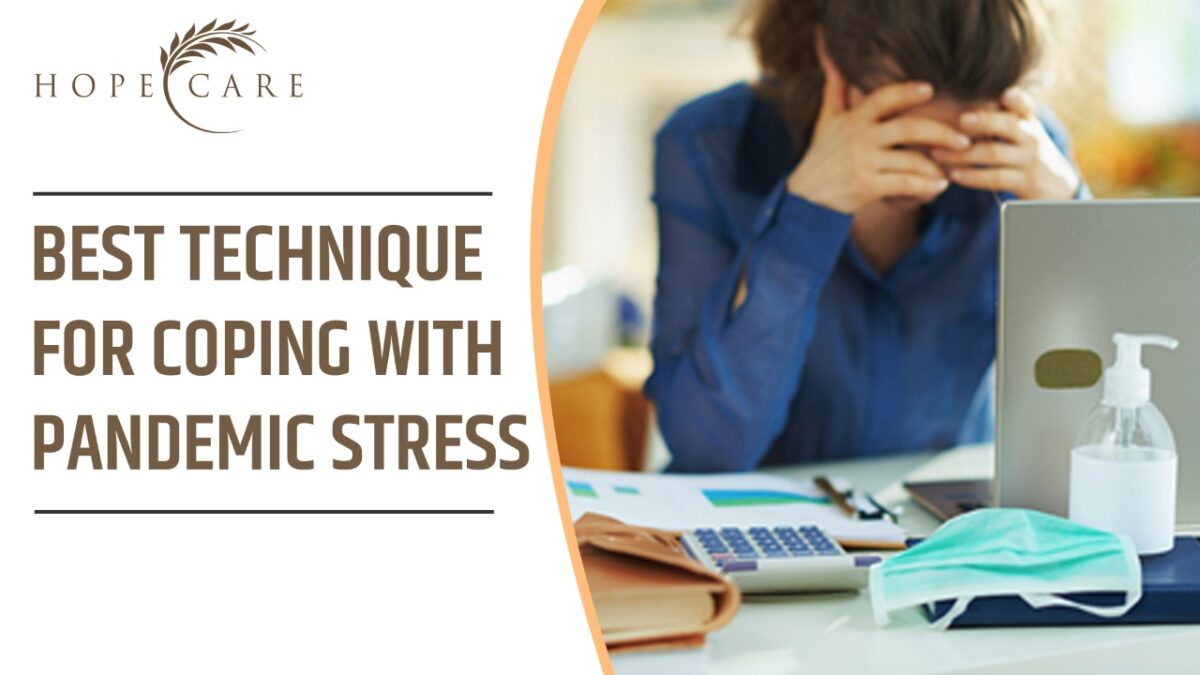




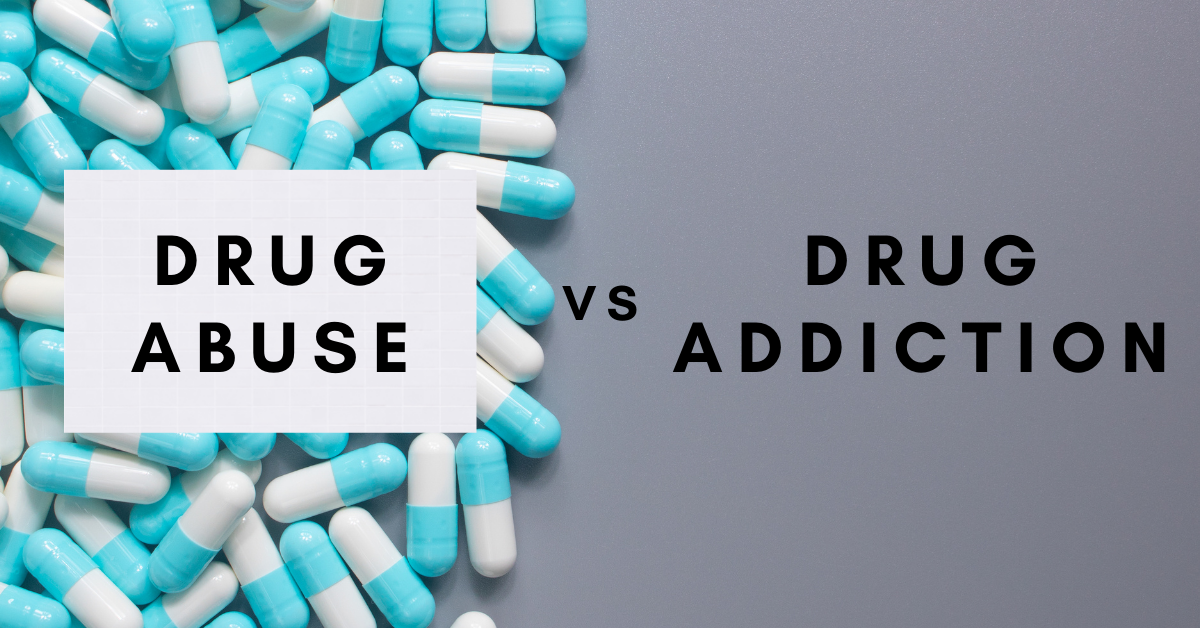





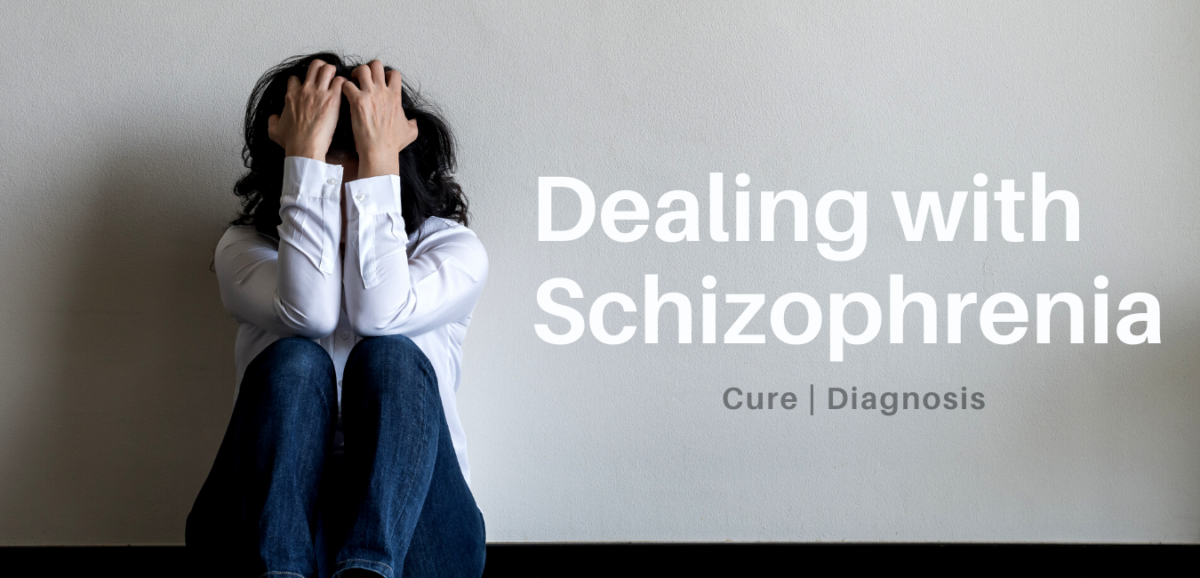


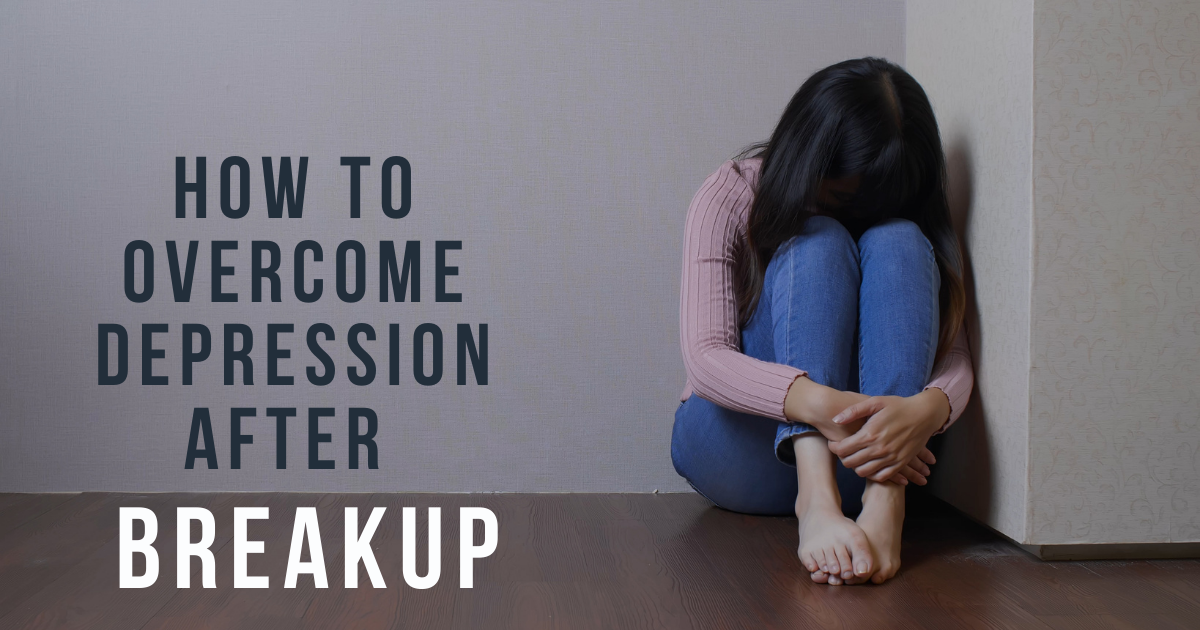

 \
\